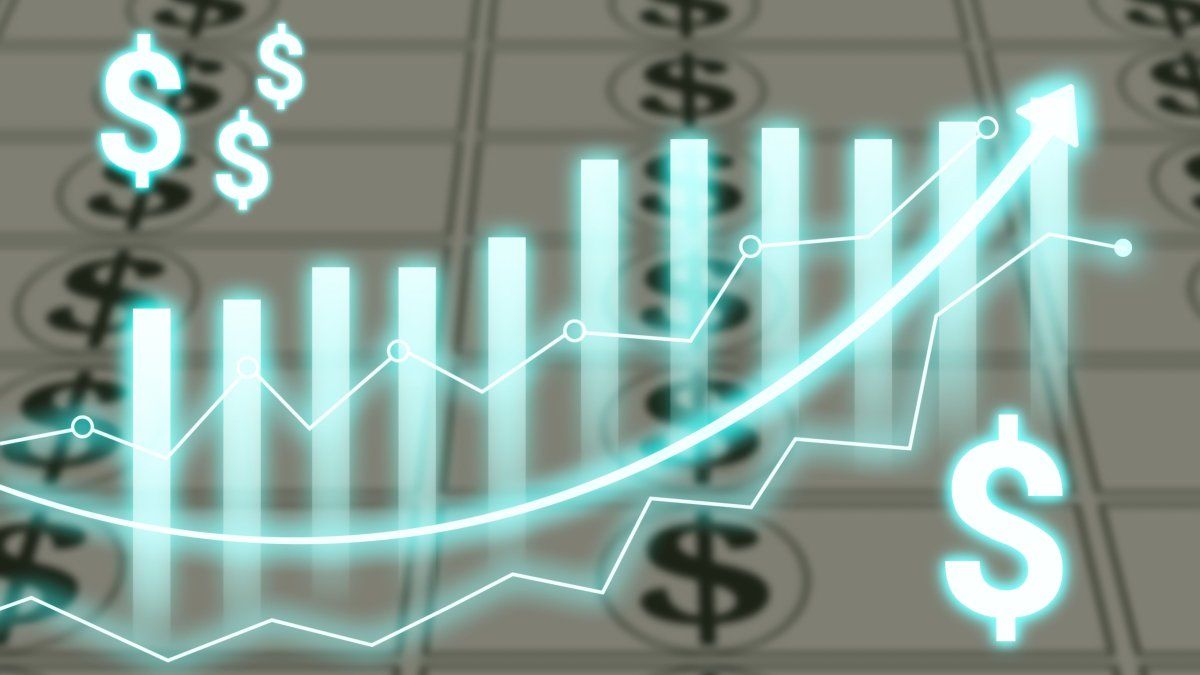JPMorgan raised the alarm about business benefits. “Corporate profitability, until now resilient, has weakened,” warned the US bank, which points out three factors as the causes of this situation and asks investors to be cautious because it is very possible that this year earnings are “disappointing” even without an “outright recession.”
What will happen to companies in the US and Europe, according to JPMorgan
“The bulls largely base their constructive view of the market on the premise that business profits are going to accelerate, supported by the downward trend of activity indicators, such as the PMI and the ISM”, highlight the JPMorgan analysts, who recall that, in fact, in recent weeks several analysts have raised their objectives for the stock indices “based on a more optimistic earnings outlook.”
However, they warn, “the Earnings reality could be the opposite as the year progresses“. Why? Well, as they explain, because “on the whole, and despite some notable exceptions, companies’ profit margins are high in a certain historical context, and they seem to be reaching their maximum” at the moment.
“The historical pattern that profit margins always begin to decline before the next“The economic recession is clear.”these experts highlight, who see “three sources of declines” in earnings from now on.
JPMorgan: the three reasons why a drop in the profit margin is coming
1. Many companies benefited from a unique feature of this cycle
According to analysts at the US bank, “as interest rates rose more than 300 basis points, lnet interest expenses decreased“, which has benefited many companies. And the companies “ensured a low cost of financing by extending the duration of their debt”, but many also “saw the performance of their treasury balances improve.”
“This rather counterintuitive evolution It will normalize over time.”, they say at JPMorgan. “Companies will have to refinance your debt with higher cost loans“, predict its experts.
2. Many companies’ gross revenues were exceptionally high after Covid
They also say that “pricing power was high and companies were able to pass on input cost pressures with ease.” But as nominal GDP growth rates slow and PPIs turn negative, “margins could weaken.”
“We remain of the view that the Covid-induced spike in inflation will eventually unravel completely, and this in turn suggests that corporate profitability winners must readjust,” they comment on it. They also remember that “historically the positive correlation between profits and PPIs has been clear.”
3. US economic activity was much more robust last year than expected
This, JPMorgan highlights, “has potentially boosted productivity and, in turn, reduced CLUs.” “If the economy slows down, in part because the support it enjoyed last year, such as fiscal stimulus, is not repeated, the CLU could rebound,” these analysts warn.
Likewise, they comment that the profit margin indicator, the business deflator minus the CLU, “could become another headwind.”
“If we put the above three factors together, we could end up with disappointing results even without a full-blown recession, and we see that earnings per share forecasts for 2024 continue to decline in key regions,” they point out.
What will happen to the S&P500 according to JPMorgan
So things are, Could S&P 500 earnings be much better than the economy as a whole? “It’s interesting to note that for the S&P 500 all of the earnings growth in recent quarters was due to the ‘Magnificent 7,’ and this is one of the reasons we continue to ‘“overweighting growth versus value”they stand out.
“Excluding these stocks, earnings per share (EPS) growth for the rest of the S&P 500 components is downright negative.” At JP Morgan they point out that the dollar “plays an important role” in all this, “and if it strengthens, as we suspect, then the S&P 500’s earnings may not outperform the NIPA by much.”
Source: Ambito
I am a 24-year-old writer and journalist who has been working in the news industry for the past two years. I write primarily about market news, so if you’re looking for insights into what’s going on in the stock market or economic indicators, you’ve come to the right place. I also dabble in writing articles on lifestyle trends and pop culture news.




